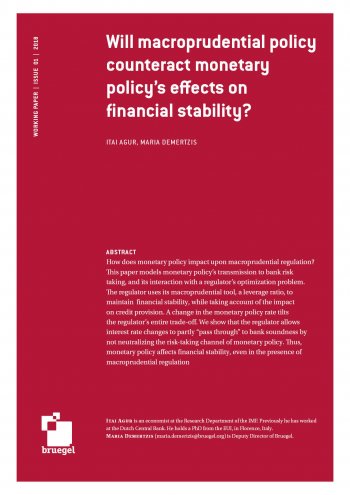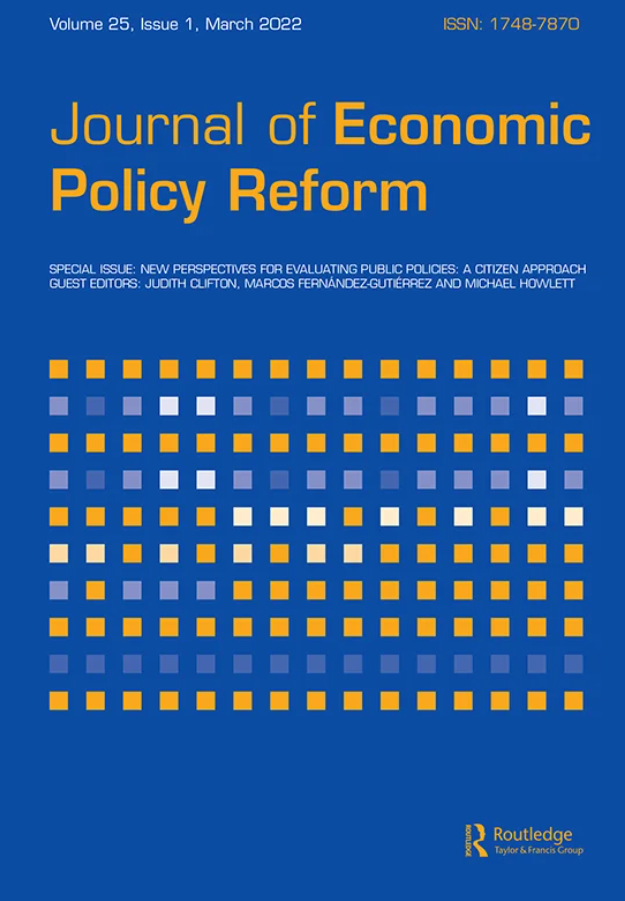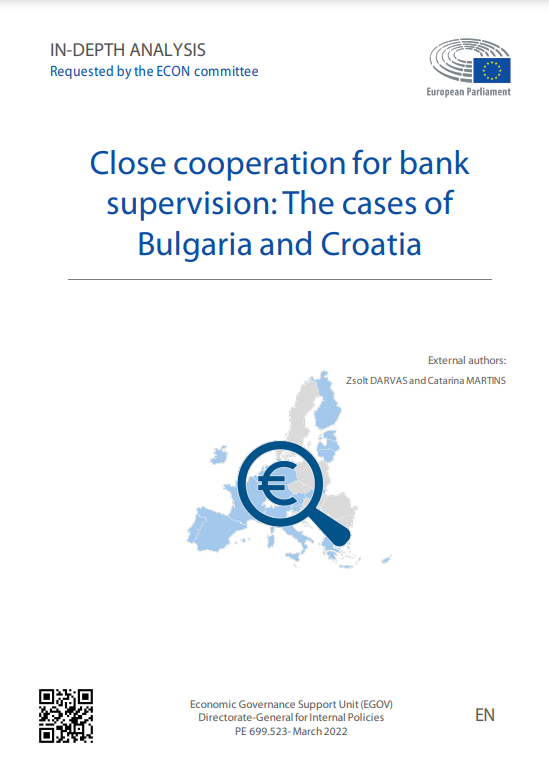Working Paper
Will macroprudential policy counteract monetary policy’s effects on financial stability?
How does monetary policy impact upon macroprudential regulation? What are the effects on financial stability? This working paper models monetary policy’s transmission to bank risk taking, and its interaction with a regulator’s optimization problem.
How does monetary policy impact upon macroprudential regulation? This paper models monetary policy’s transmission to bank risk taking, and its interaction with a regulator’s optimization problem.
The regulator uses its macroprudential tool, a leverage ratio, to maintain financial stability, while taking account of the impact on credit provision. A change in the monetary policy rate tilts the regulator’s entire trade-off. The authors show that the regulator allows interest rate changes to partly “pass through” to bank soundness by not neutralizing the risk-taking channel of monetary policy. Thus, monetary policy affects financial stability, even in the presence of macroprudential regulation










